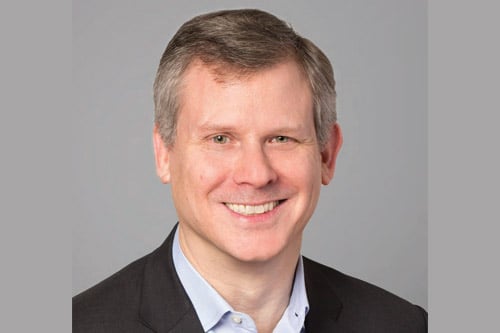An industry expert explains why, despite the vast array of new investment options, true innovation is still hard to find

Canadian investors have never had more choice. There’s a vast array of stocks, bonds, mutual funds, and ETFs and an ever-increasing amount of alternative strategies to put money into. Yet, despite all of the options, Randy Cohen believes true innovation is still hard to find.
“The problem is that at any given moment the vast majority of money will be managed in products that have been around for a long time,” Cohen, a partner at Alignvest Investment Management, says. “In theory you can have a fund that has been around for a long time and has evolved and changed, but really that is fairly unusual. Most funds have their principles that they follow and investors don’t expect them to change. But if you are investing in those funds, it will be very hard to match the performance that earned them their reputation.”
It’s a topic that Cohen has devoted a great deal of time to: his 2005 article with Joshua Coval and Lubos Pastor, “Judging Fund Managers by the Company They Keep” was nominated for the Smith-Breeden Prize for best asset-pricing paper published in the Journal of Finance.
Managing a portfolio that beats its benchmark has proven a difficult proposition for active managers in recent years. Alignvest prides itself as being an asset manager with dedicated and unique alternative strategies and the firm models its portfolios on leading pension and endowment funds, so the long view is always the main concern. It is a complex process involving experts in their field with decades of experience, but there is one constant you can be assured of when it comes to these funds.
“We are huge believers in diversification; everyone involved with investing recognizes that the one free lunch is diversification,” says Cohen, who is also a senior lecturer of Entrepreneurial Management at Harvard Business
School. “We absolutely look for investment opportunities that are uncorrelated with other assets in our portfolios. Another way we can really help investors is by identifying strategies that haven’t been around a long time. It means we have to be constantly on our toes.”
When Cohen wrote his paper on fund managers in 2005, he was analyzing a very different industry than we know today. The financial crisis of 2008 still looms large in the collective mindset, which naturally affects investment
strategy. Cohen doesn’t waste time trying to predict when the next correction may be; rather, he concerns himself with constructing funds that can prosper through different market cycles.
“I remember going through the crisis of 2008–2009 and people were asking should they get out of stocks,” he says. “What you have to do is change that mentality. You have to think in terms of times when you are 45% stocks and other times you are 58%. It is not a question of saying get out or get in, it’s a matter of shifting.”
Another consideration, rather than the investment vehicle itself, is the fact we live in an era of globalisation. If Canadian equities are dragging on your portfolio, as they would have in 2015, you can easily switch to other geographies. Being able to change course is essential for a successful fund manager; while being dogmatic on strategy will only lead to underperformance in the long run.
“If something is happening in the oil or minerals markets that are good or bad for Canada, you try to identify those times and then decide if you want to have a stronger or weaker position,” says Cohen. “The key is to not be too arrogant and recognize that the goal with each decision is to make intelligent, moderate adjustments that add moderately to value.”
Combining these different considerations will then make for better funds and ultimately higher returns for investors. It’s the MO of any asset manager, although finding the people that can mould such strategy doesn’t come easy.
“If you add a moderate amount of value looking at asset allocation level with stocks, bonds, real estate; then add a moderate amount of value by being in the right region at an attractive time; then add a significant chunk of value by finding the right strategies and the right managers to implement the strategies – when you add up all those thesis, there will be quite a lot of value-ad across the different dimensions,” adds Cohen.
Related stories:
Are investors ready to think outside of the box?
Robo-advice less fearsome than regulation, advisors say



